BBC Media Action creates Khoon Ka Rishta
BBC Media Action has created a disruptive communication, which empowers an expectant mother with life saving information, and enhances decision-making capabilities to make informed choices related to her reproductive health. This direct communication tool presents a unique way of ensuring compliance for an expectant mother – so that she has the complete dose of 180 IFA tablets. It is being implemented across eight districts of Bihar.
Today, where millions of women across the globe are dying due to complications in pregnancy, mere access to health care services is not enough; it requires a major shift in the attitudes and knowledge of individual and society by adopting healthy behaviours.
Almost 58 per cent of pregnant women in India are anemic. Anemia is directly and indirectly responsible for 40 per cent maternal deaths in India. Two-thirds (67%) of women in Bihar have anemia. One of the most effective ways of combating this, and turning the tide in favour of mothers and young children, is through consumption of Iron Folic Acid tablets by expecting and lactating mothers. (180 for an anemic pregnant woman.) But while the science is easily understood, its adoption by the audience is not. However only 12 percent mothers consumed IFA for 100 days or more.
Notwithstanding the gravity of the issue, persuading anyone to change or adopt healthy behaviour is not easily achieved. The solution therefore is to disrupt existing paradigms by rethinking the problems. With new insight and simple innovations BBC Media Action arrived at a solution to crack this issue.
BBC Media Action’s Khoon ka Rishta communication is based on the insight of a strong physical and emotional bond or link between a mother and her unborn child. It builds on this insight and emphasizes the link between a mother and her unborn baby as the ‘link through blood’ – it vividly demonstrates her role in the formation of her own baby through a ‘simple doable action’ of taking a pill a day for 180 days. It also establishes the importance of consuming Iron Folic Acid (IFA) for pregnant women who know little about the benefits for themselves and their unborn babies. It serves as a compliance aid, nudging women to remember to take their full course of IFA tablets. It works through a simple, but relatable cultural concept of family and lineage-- the bloodline. This direct communication tool is a vivid demonstration – how IFA is critical and the simple act of having the entire dose is critical in the formation of a baby.
The Khoon ka Rishta communication has two parts to it. The first part of this campaign includes a demonstration by Anganwadi workers at the Village Health Nutrition and Sanitation Days (VHNSD) establishing the importance of daily consumption by showing that removing just one tablet breaks the blood link between mother and baby. This is followed by the expectant mother taking home a folder in which she places a red blood drop like stickers on the image of a baby for every IFA tablet consumed.
This tool has been designed to help an expectant mother visualize the importance of IFA in a unique way; she is now able to picture her child growing inside her womb, with her blood strengthening her Khoon ka Rishta - bloodline.
Speaking about ‘Khoon Ka Rishta’, Soma Katiyar, Creative Director, BBC Media Action, India said, “Khoon ka Rishta is an emotive route for an expectant mother to visually see how she is slowly making her own baby as she consumes each tablet, no mother would like to see an incomplete baby and this would act a self-driven push to complete the dose. Using blood drop-like stickers to complete the graphic of the baby is a vivid demonstration and as simple as having a pill.”
The Khoon ka Rishta campaign has brought about a significant change in the way expectant mothers look after their own health and that of the unborn child during pregnancy. It has greatly assisted the expectant mother to see the link between her own health and that of her unborn child. For example, one of the expectant mother’s-Kusum Devi of Khagharia district in Bihar-not only finished the first batch of free tablets she was given, she even went out of her way to buy a second batch from a pharmacy when the government health centre was out of stock.


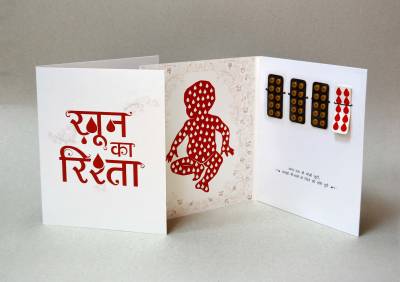

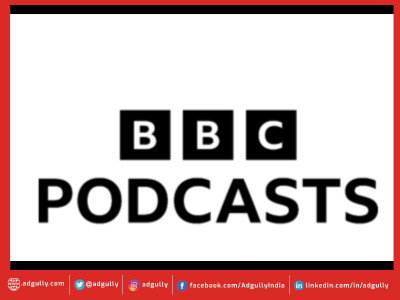


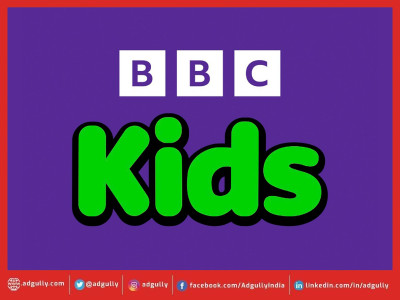





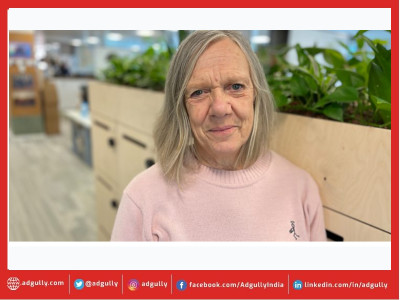
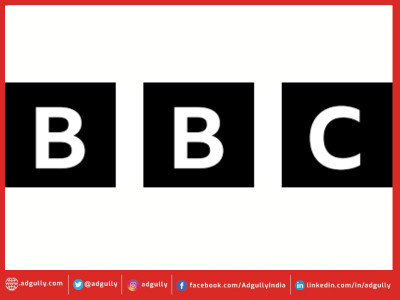

Share
Facebook
YouTube
Tweet
Twitter
LinkedIn